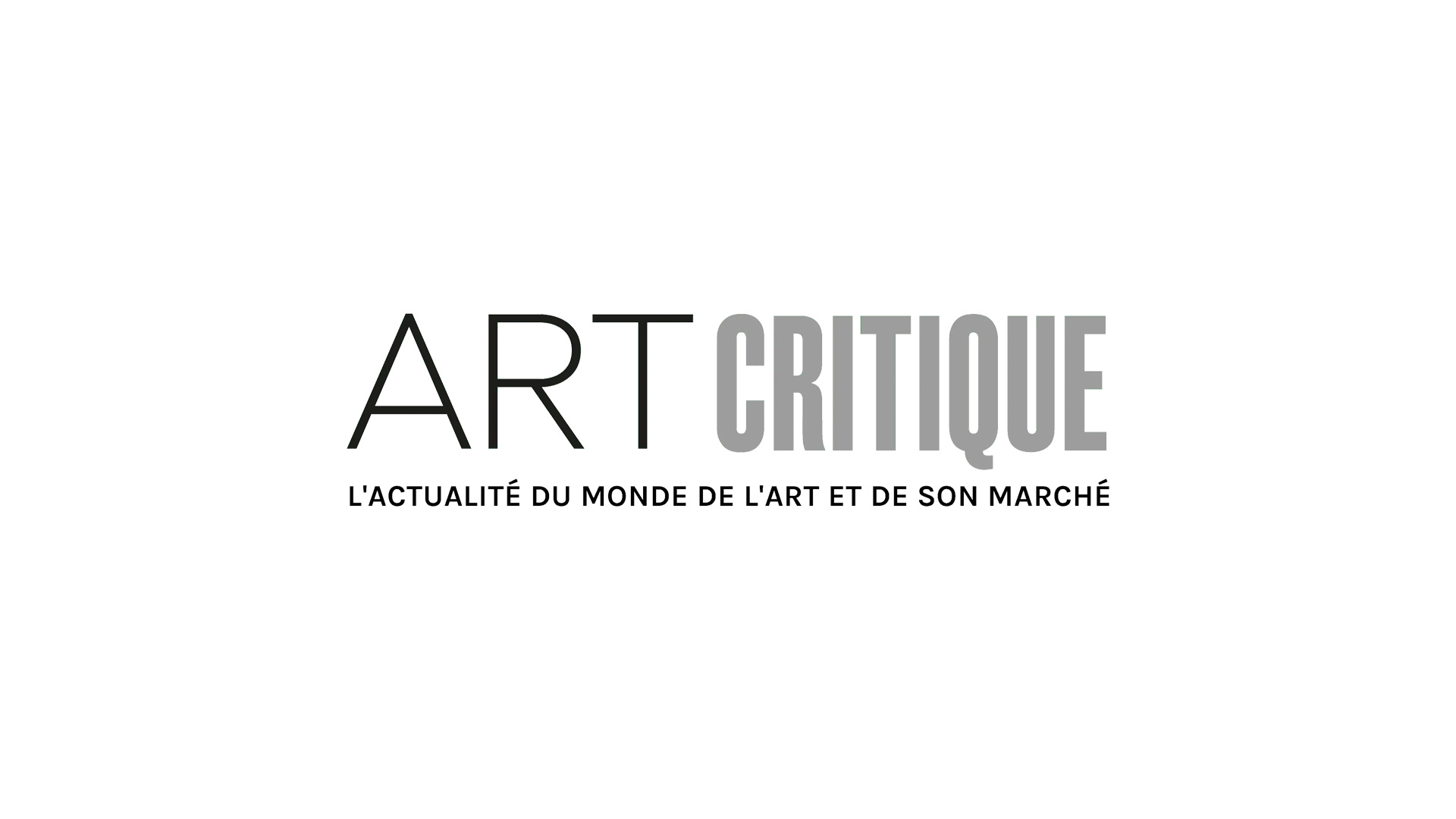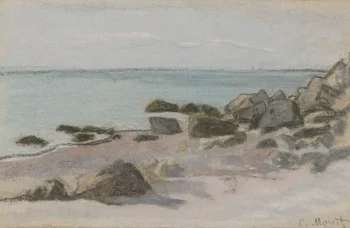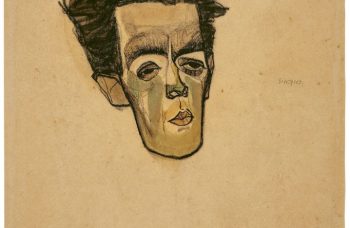Returning an artwork that at one time might have been stolen is not a clear-cut process and when you’re dealing with works that were stolen, looted, or simply have a murky provenance during the Nazi era, the process gets even more difficult. This has been the case in an ongoing dispute concerning the Guelph Treasure, a trove of medieval of ecclesiastical artworks, whose 1935 sale has been the cause for concern. Now, the case might be headed to the US Supreme Court to determine if that sale was made under duress or if it can be recognized as valid.
A few years ago, a group of heirs, whose ancestors were Jewish art dealers before and during World War II, brought their claim for restitution, which began in 2008, to the US to invoke the Foreign Sovereign Immunities Act. The consortium of heirs believe that their late family members were forced to sale portions of the Guelph Treasure and thus the sale should be recognized as invalid. In 2015, the Prussian Cultural Heritage Foundation, or the Stiftung Preußischer Kultur (SPK), tried to stop the lawsuit being heard in the US but ultimately failed. Later in 2017, a US District Court in Washington, DC found that the claimants had ample cause to seek out the assistance of the US court system and then last year, the court’s decisions were upheld to hear the case.
Now, though, the SPK is seeking action again to appeal the decision to hear the case because it believes the US does not have the jurisdiction to do so. ‘The SPK is convinced that this was not a sale under duress due to Nazi persecution,’ the foundation said in a statement to the Art Newspaper. ‘It views these claims as unfounded. Regardless of this, the SPK is of the opinion that this case—concerning a historic transaction between Germans in Germany— shouldn’t be heard in a US court.’
However, Nicholas O’Donnell, lawyer for the claimants, stated: ‘The SPK’s desperation to avoid scrutiny of a “sale” in 1935 by Jews to Hermann Goering speaks for itself […] The SPK’s latest press release is just another instance of Germany pretending to care about the issue of Nazi-looted art while doing everything it can to stand in victims’ and heirs’ way and run down the clock until another generation passes away.’
The Guelph Treasure originally consisted of 82 works and was purchased for a whopping 7.5 million Reichsmark in 1929 by dealers Zacharias Hackenbroch, Isaac Rosenbaum, Saemy Rosenberg, and Julius Falk Goldschmidt. The Jewish dealers tried to sell the collection soon after they acquired it but the Great Depression was already taking its hold on the economy and they only sold about half to private dealers and collectors for around $2.5 million Reichsmark. In 1935, they sold the remainder of the collection to the Prussian state for approximately $4.25 million Reichsmark. Soon after the final sale, three of the four dealers fled the country after the passage of the Nuremberg Laws. Göring, the minister president of Prussia then gifted the works to Adolf Hitler. That part of the Guelph Treasure, now thought to be worth around $276 million, reside within the Bode Museum in Berlin.
Now 11 years in the making, the air continues to cloud around the case and there doesn’t seem to be an end in sight.





